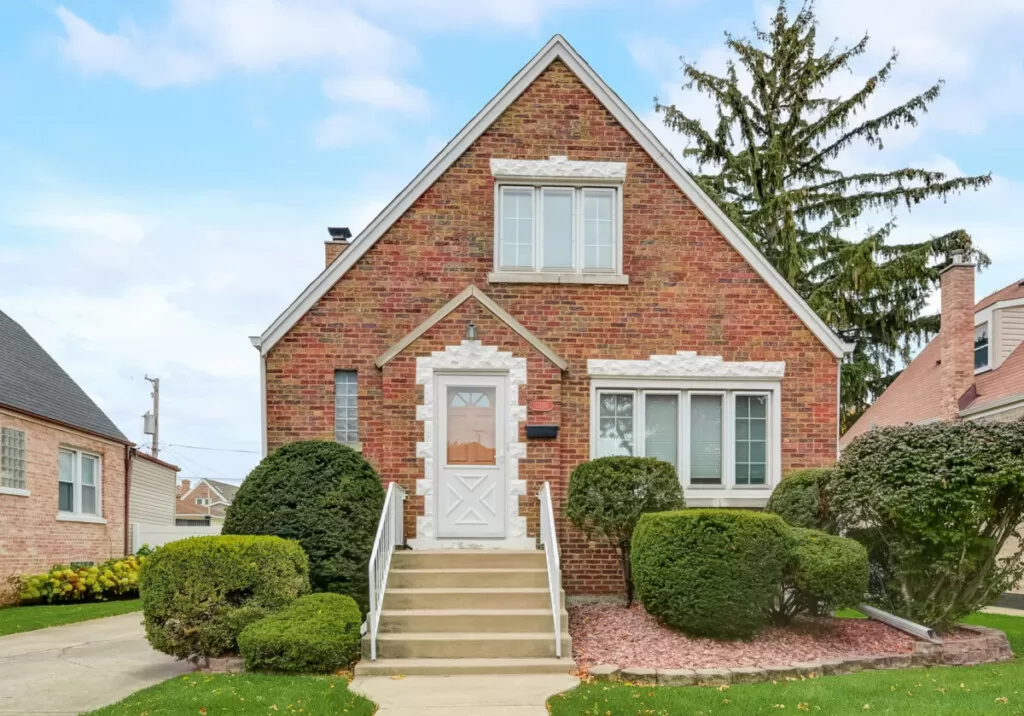Short Sale in Real Estate: A Guide for Buyers and Sellers
The real estate market can be a tricky place, especially for those looking to buy or sell a home. In recent years, one term that has gained popularity in the industry is “short sale”. But what exactly is a short sale and how does it affect buyers and sellers? In this article, we will dive into the details of short sales and provide you with all the information you need to know.
What is a Short Sale?
A short sale is a real estate transaction where the seller’s lender agrees to accept a lower payoff on the mortgage balance than what is owed. In other words, the property is sold for less than what is owed on the mortgage. This type of sale typically occurs when the homeowner is facing financial hardship and is unable to keep up with their mortgage payments.
Why Do Homeowners Opt for a Short Sale?
There are various reasons why homeowners may choose a short sale. Some of the common reasons include job loss, divorce, medical emergencies, or simply being unable to afford the mortgage payments. In these situations, a short sale can be a better option than foreclosure, which can severely damage the homeowner’s credit.
How Does a Short Sale Work?
A short sale involves a series of steps that must be followed by both the seller and the buyer. First, the homeowner must contact their lender and provide them with a detailed explanation of their financial situation. The lender will then review the homeowner’s financial records and determine if they qualify for a short sale. If approved, the lender will issue a letter stating the minimum price they are willing to accept for the property.
The next step is for the homeowner to list the property for sale. The listing price will be based on the lender’s minimum price, and the homeowner must find a buyer who is willing to purchase the property at that price. Once an offer is received, the homeowner must submit it to the lender for approval. The lender will review the offer and may negotiate with the buyer to reach a mutually beneficial agreement.
Benefits of a Short Sale for Buyers
Short sales can offer several benefits for buyers. Firstly, they can often purchase the property at a lower price than market value. This can result in significant savings for the buyer. Additionally, short sales may also have less competition compared to traditional sales, as they can take longer to close and may require more paperwork.
Benefits of a Short Sale for Sellers
For sellers, a short sale can be a better alternative to foreclosure. It allows them to avoid the negative impact on their credit score and the emotional toll of losing their home. It also gives them the opportunity to negotiate with their lender and potentially avoid owing any deficiency balance on their mortgage.
Challenges of a Short Sale
While short sales offer several benefits, they can also come with their own set of challenges. For buyers, the main challenge is the longer closing process. Short sales can take several months to close, which can be frustrating for buyers who are looking for a quick purchase. For sellers, the main challenge is finding a buyer who is willing to purchase the property at the lender’s minimum price.
Final Thoughts
Short sales may take longer to buy or sell, but they can offer significant benefits for both buyers and sellers. For buyers, it can mean getting a property at a lower price, while for sellers, it can be a better alternative to foreclosure. However, short sales can also come with their own set of challenges, so it is important for both parties to carefully consider all aspects before proceeding with a short sale.
In conclusion, a short sale can be a viable option for those facing financial hardship in the real estate market. It is important to seek the advice of a real estate professional who is experienced in short sales to guide you through the process. With the right guidance and understanding, a short sale can help you in the long run.

